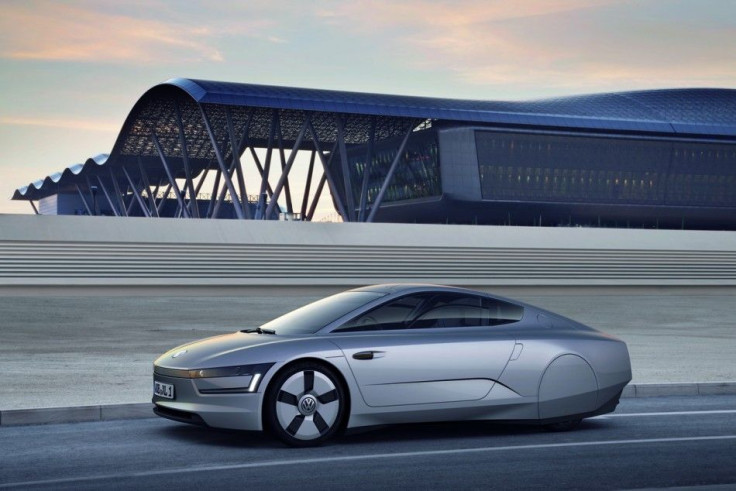
There's no doubt that turbocharging has been the most significant fuel efficiency breakthrough for internal combustion engines for the past five years. Now, Volkswagen has announced that it will retire its naturally aspirated engines, including a 2.5 liter five-cylinder engine and its 3.6 liter six-cylinder engine, in favor of a line of turbocharged powerplants only.
When Volkswagen effectively retires its naturally aspirated engines, it will become the first manufacturer to exclusively offer turbocharged engines. “You have to have a turbo these days,” VW executive Mark Trahan told The Detroit News. “We only have one normally aspirated gas engine, and when we go to the next generation vehicle that it’s in, it will be replaced. So three, four years maximum.”
Volkswagen has enjoyed a lot of sucess with its current generation of turbocharged engines. The 2.0-liter turbocharged 4-cylinder TSI engine boasted 200 hp, non-laggy turbo experienced, and significant fuel economy gains to boot. In fact, the 2.0 TSI is arguably one of the first engines to convincingly demonstrate the ability for turbocharging to optimize performance and efficiency.
Volkswagen isn't the only company that has openly suggested that naturally aspirated engines will soon become a thing of the past. Ford Motor Co. powertrain engineering vice president Joe Bakaj also believes naturally aspirated engines will become a thing of the past. According to Bakaj, naturally aspirated engines may only be utilized when mated to electric motors in a hybrid application. While Bakaj could not predict when exactl the auto industry will cast off naturally aspirated engines, he believes Ford is well positioned for the future thanks to its development on Ecoboost and diesel engines.



